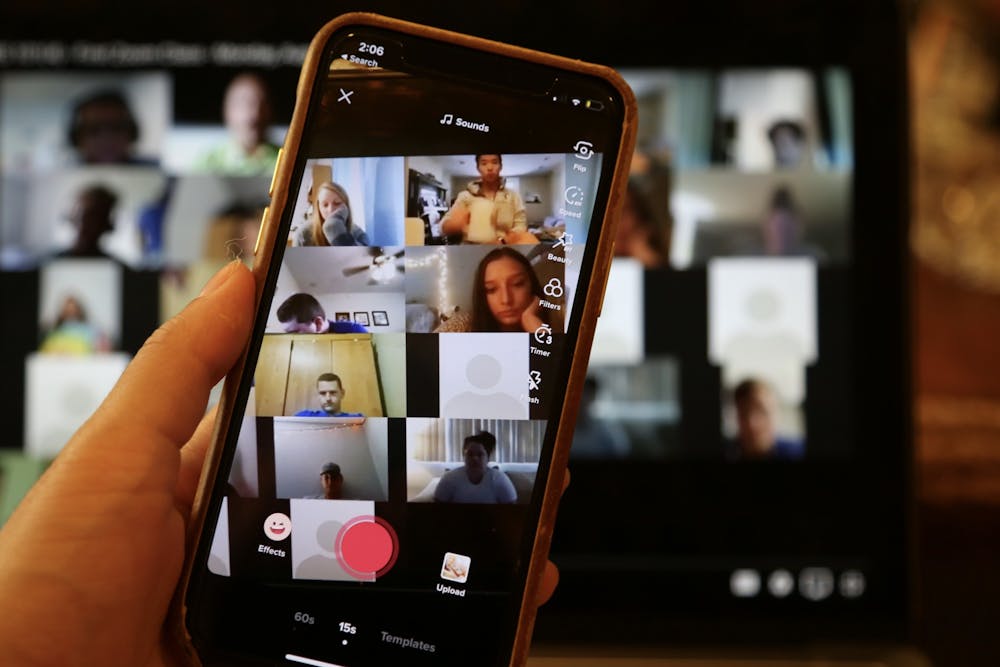
In an astronomy class I took last semester, pre-pandemic, the professor asked where the sun is located when it is at its zenith on March 21st.
I said, “up.”
A couple of people in the lecture hall snickered and looked back at me, and although this is a somewhat silly example of being willing to be wrong in a classroom because that’s partly how we learn, I still wouldn’t want that horribly awkward moment of mine to end up online, circulating Twitter, and warranting thousands of unsolicited and often discouraging comments.
Although I still can’t answer that question correctly, it’s important to be able to be wrong in a classroom without worry. I have fumbled over my words countless times, said the wrong answer with such resolve that I convinced myself I was actually right, and had some of the clearest epiphanies of my life in the classroom setting.
As the physical space of a classroom vacuum seals itself into our private rooms, the ability to hold mindful and brave discussions should not shrink with it. In order to maintain the level of discourse that we have come to expect from our classes at Penn, we must hold ourselves accountable for encouraging our peers to sustain the practice of championing participation. This can not happen if everyone is too afraid to speak up because we can now hide behind the darkness of a turned off camera, recording everyone’s attempts to learn often difficult material.
In some classes, I have divulged private information that I am not typically inclined to share because of the environment a classroom, a professor, and my peers have managed to create. Of course it would be ridiculous to carry on as if what a classroom looks like during this pandemic hasn’t dramatically shifted, and there are certain aspects of safe spaces that are lost when not everyone has access to the physical room of a lecture hall or library. However, we have made enough sacrifices to our education; we shouldn’t let willingness to honestly participate be one of them.
When we record our peers saying something over Zoom, or a professor explaining their thoughts, and then make the decision to post that video online, we effectively discourage open and honest conversation. Even if we’re recording a purposeful joke, we run the risk of alienating peers who now must think twice before sharing a thought. I am seeing TikTok after TikTok, tweet after tweet, of embarrassing footage. That is not the kind of environment that in-person classes condone, and even though online classes are starkly different and present a new set of challenges, we shouldn’t be throwing away respect for our education or our peers with this kind of mockery.
Being unwittingly recorded has been a threat since the invention of portable cameras. However, Zoom classes are markedly easier to exploit than an intimate gathering of fifteen people in a small classroom in Van Pelt. I urge everyone to think about what kind of harm they’re doing to their peers when they record them on Zoom, and what kind of harm this does to the safe space of education more generally.

SOPHIA DUROSE is a College senior from Orlando, Fla. studying English. Her email address is sdurose@sas.upenn.edu.
The Daily Pennsylvanian is an independent, student-run newspaper. Please consider making a donation to support the coverage that shapes the University. Your generosity ensures a future of strong journalism at Penn.
Donate



